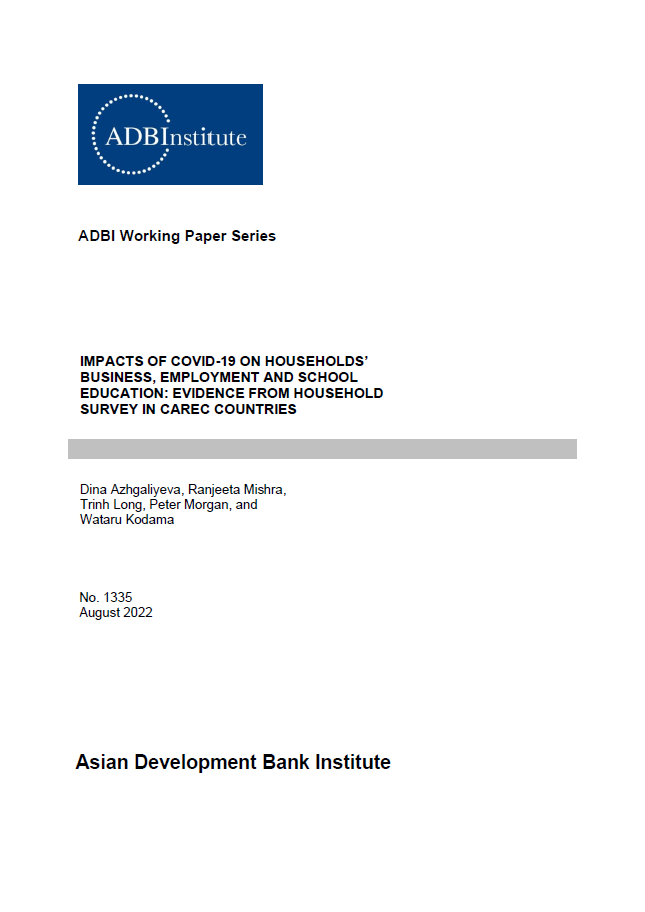
- Details
The impacts of the COVID-19 outbreak have heavily affected Central Asia Regional Economic Cooperation (CAREC) member countries, which include Afghanistan, Azerbaijan, Georgia, Kazakhstan, the Kyrgyz Republic, Mongolia, Pakistan, the People’s Republic of China (PRC), Tajikistan, Turkmenistan, and Uzbekistan. The COVID-19 crisis and the resulting falls in demand and supply due both to uncertainty and policy measures such as lockdowns, “social distancing,” and travel restrictions are having a severe impact on employment and education in CAREC member countries.
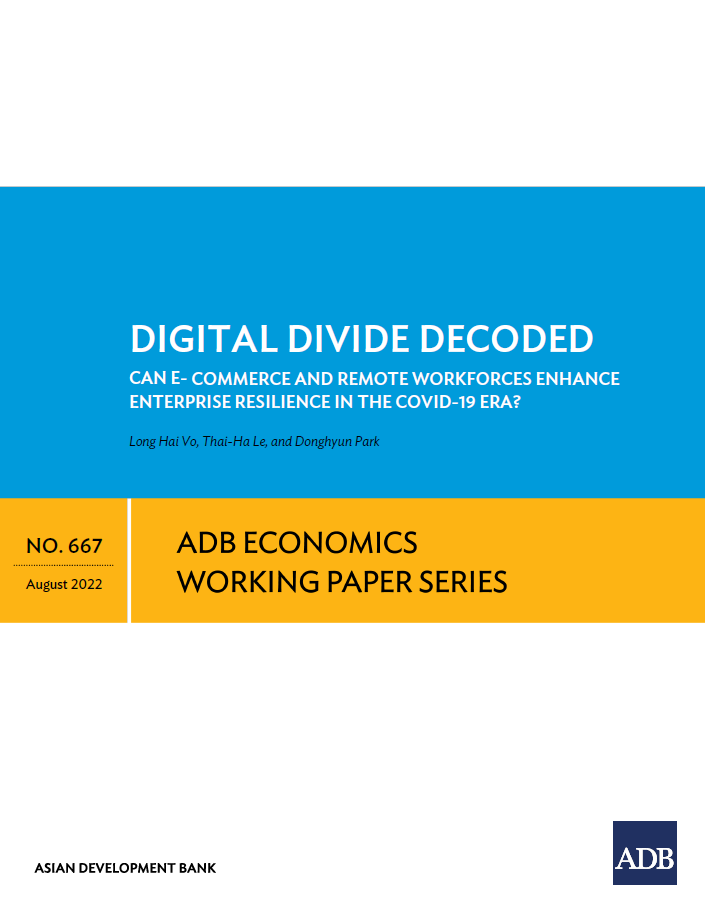
- Details
Using a sample of more than 12,000 firms in 32 countries, this paper empirically examines the impact of digital technology on the resilience of enterprises during the coronavirus disease (COVID-19) pandemic.
After controlling for firm characteristics, macroeconomic conditions, and pandemic prevalence, the paper finds that digital technology had a significant and positive effect on firm performance during the pandemic. The evidence suggests that key channels of resilience are electronic commerce and remote work.
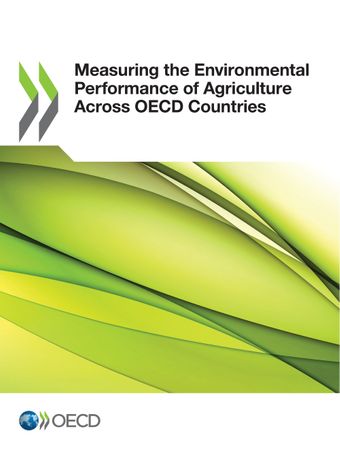
- Details
"Against the background of increased attention to the sustainability of the agriculture sector, the OECD has developed indicators of the environmental performance of agriculture. Covering the OECD as a whole and all individual OECD countries over the period 1990-2018, the data in this report show that, while most OECD countries increased their agricultural production in the last decade, the environmental performance of the agriculture sector registered mixed results. Progress was achieved reducing phosphorus balances, ammonia emissions, nitrogen balances, and greenhouse gas (GHG) emissions intensities.
Read more … Measuring the Environmental Performance of Agriculture Across OECD Countries
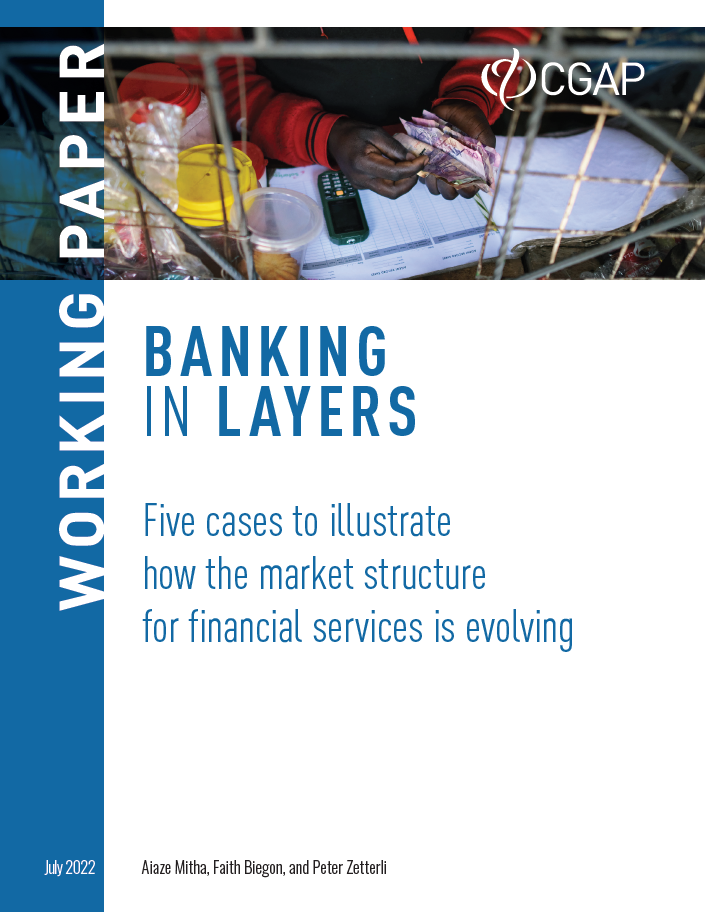
- Details
"Digital innovations have changed the financial inclusion space for nearly 15 years. Today, a powerful new wave of digital innovation is gathering on the horizon. One of the most profound may be a shift toward a more modular financial sector and there is good reason to be hopeful that this “modularization” could help expand financial inclusion while also profoundly altering the financial industry in ways that make it both more competitive and more efficient. This working paper explores the market-level modularization of financial services by studying the following illustrative examples of the new models that are emerging, how they are coming about, and what they mean for the financial inclusion of low-income people in emerging markets and developing economies: Grab in Southeast Asia; Paytm in India, M-Pesa in Africa, Daviplata in Colombia, and Kaleidofin in India."
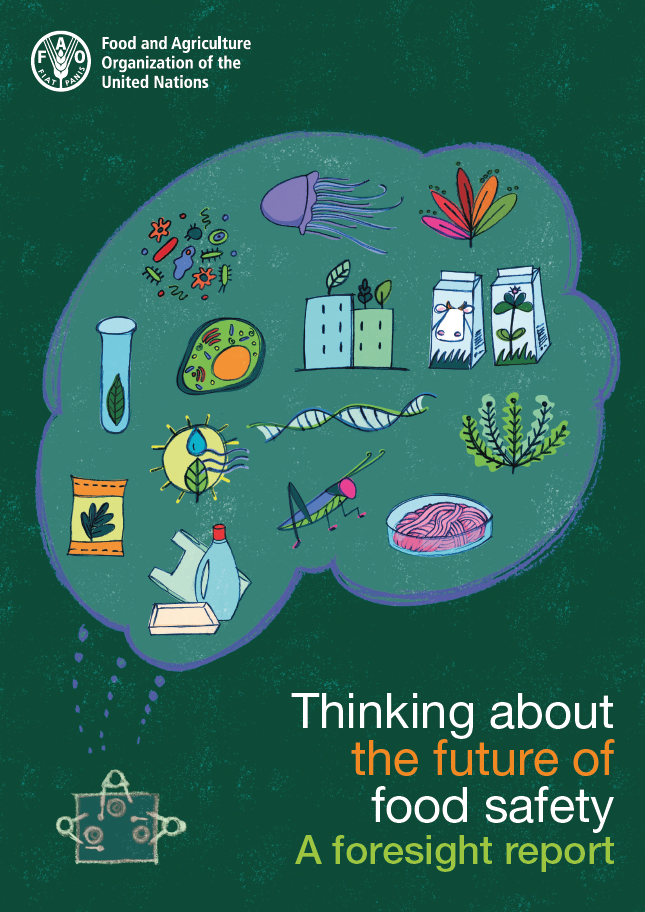
- Details
"Agrifood systems are undergoing a transformation with the aim to provide safer, more affordable, and healthier diets for all, produced in a sustainable manner while delivering just and equitable livelihoods: a key to achieving the UN’s 2030 Agenda for Sustainable Development. However, this transformation needs to be executed in the global context of major challenges facing the food and agriculture sectors, with drivers such as climate change, population growth, urbanization, and natural resources depletion compounding these challenges.

- Details
"Can policymakers improve macroeconomic performance by encouraging the entry of high-performance startups? To answer this question, we construct a novel and comprehensive data set on 1.3 million startups in ten European countries. We apply cluster analysis to identify distinct startup types and trace their development over time. Three stylized facts transpire. First, we uncover five well-separated startup types that are consistently present across countries, industries, and cohorts. We label these Basic, Large, Capital-intensive, Cash-intensive, and High-leverage. Second, the initial differences between these startup types are persistent. Third, each startup type displays a characteristic life cycle in terms of productivity, employment generation, and exit rates. We feed these empirical results into an agnostic firm dynamics model to quantify how much structural policy could improve macroeconomic performance by shifting the composition of startups.
Read more … Startup Types and Macroeconomic Performance in Europe
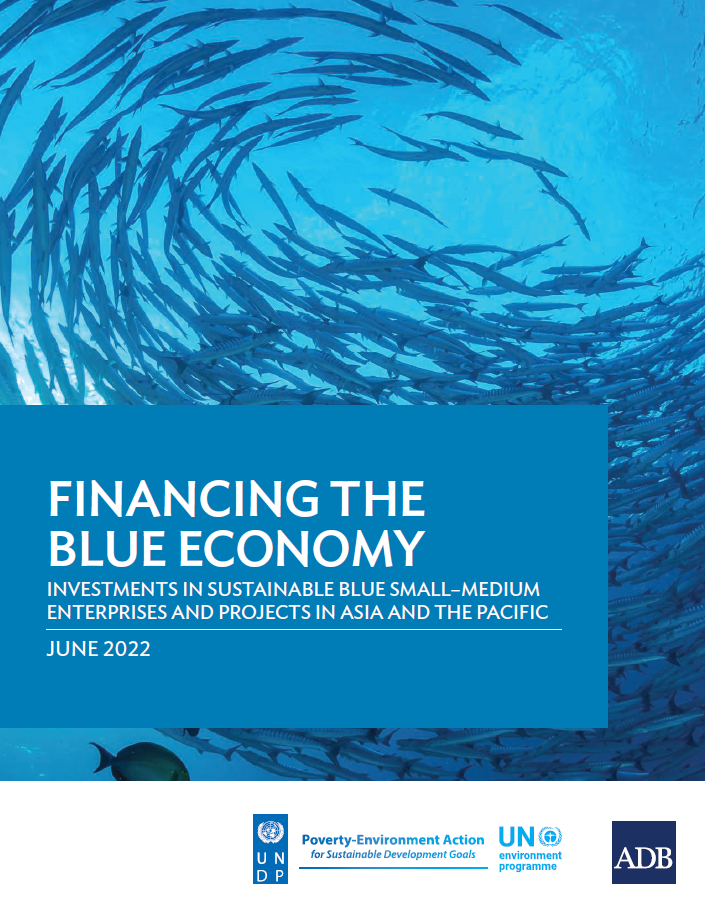
- Details
"SMEs' limited access to capital makes them the "missing middle" in sustainable blue economy development. This report proposes SME sector priorities in the blue economy, analyzes the financing gap, and shares tools and resources to support new financial connections between international capital and local actors. It recommends the establishment of a new blended finance platform—SME BlueImpact Asia—to help fill the estimated $2 trillion SME blue economy financing gap in developing Asia."
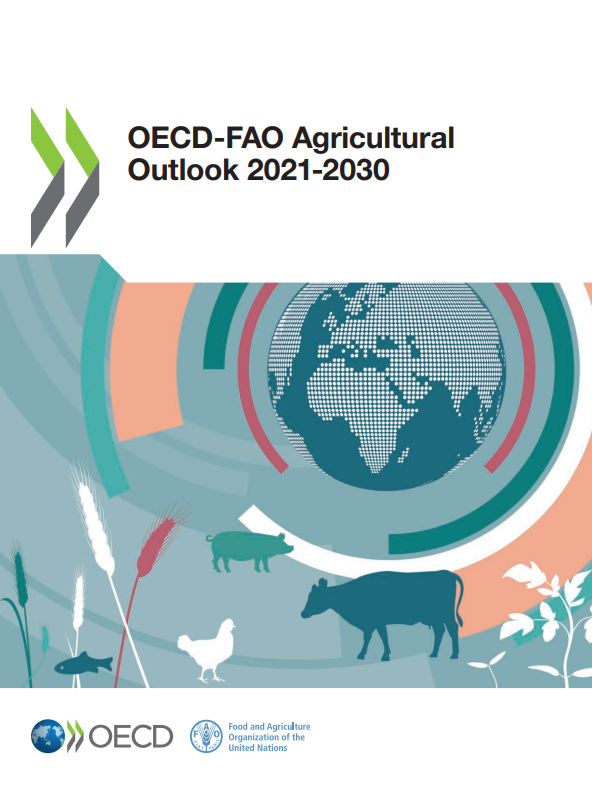
- Details
"The OECD-FAO Agricultural Outlook 2022-2031 provides a consensus assessment of the ten-year prospects for agricultural commodity and fish markets at national, regional, and global levels, and serves as a reference for forward-looking policy analysis and planning. Projections suggest that, following a business-as-usual path, SDG 2 on Zero Hunger would not be achieved by 2030 and greenhouse gas (GHG) emissions from agriculture would continue to increase.
To achieve the Zero Hunger target while reducing direct GHG by 6%, overall agricultural productivity would need to increase by 28% over the next decade. Comprehensive action to boost agricultural investment and innovation, and to enable technology transfer are urgently required in order to put the agricultural sector on the necessary sustainable growth trajectory. Additional efforts to reduce food loss and waste, and to limit excess calorie and protein intakes would also be necessary.

- Details
"The pandemic has reignited debate over global assembly lines that stretch around the world
Have you ever visited a store only to find empty shelves rather than the product you wanted to buy? This might have been because of disrupted supply chains. Usually, these chains operate seamlessly in the background to bring you the goods you need. However, when supply chains break down we all notice. So what are these vital parts of the global economy?
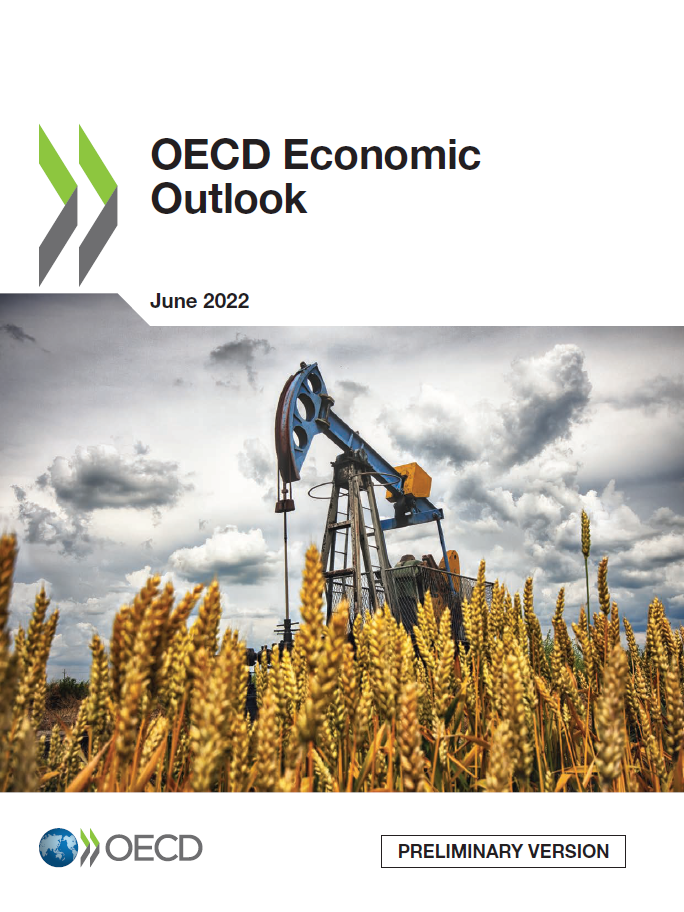
- Details
The war in Ukraine is a major humanitarian crisis with associated economic shocks that threaten the post-pandemic recovery. The OECD Economic Outlook, Volume 2022 Issue 1, highlights the implications and risks for growth, inflation and living standards from higher commodity prices and potential disruptions to energy and food supplies, and discusses the associated policy challenges.
This issue includes a general assessment of the macro-economic situation and a chapter summarising developments and providing projections for each individual country. Coverage is provided for all OECD Members as well as for selected partner economies.
Read more … OECD Economic Outlook, June 2022: The Price of War
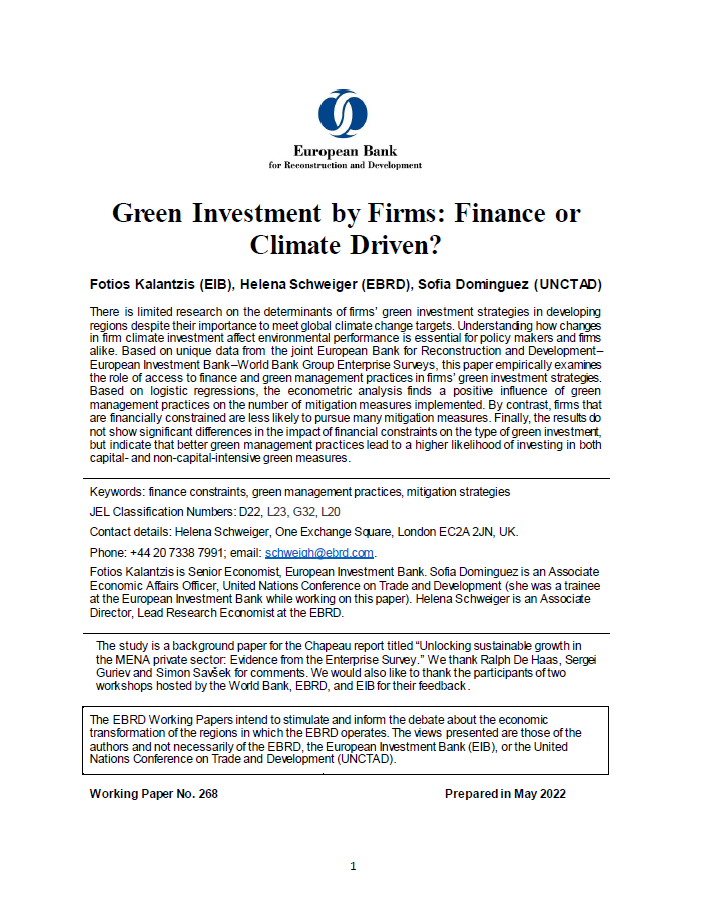
- Details
There is limited research on the determinants of firms’ green investment strategies in developing regions despite their importance to meet global climate change targets. Understanding how changes in firm climate investment affect environmental performance is essential for policy makers and firms alike. Based on unique data from the joint European Bank for Reconstruction and Development–European Investment Bank–World Bank Group Enterprise Surveys, this paper empirically examines the role of access to finance and green management practices in firms’ green investment strategies. Based on logistic regressions, the econometric analysis finds a positive influence of green management practices on the number of mitigation measures implemented.
Read more … Green Investment by Firms: Finance or Climate Driven?
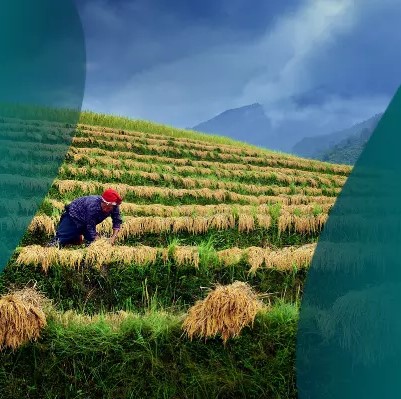
- Details
World Environment Day 2022 will be hosted by Sweden on June 5 — 50 years after the Stockholm Conference that first designated this day to galvanize action on one of the most urgent challenges of our time: climate change. This year’s theme — “Only One Earth” — reminds us that this planet is humanity’s only home, with finite resources that we must safeguard. Much has changed since the Stockholm Conference of 1972, including the increasing interconnectedness of humanity. The last two years have been a stark reminder that we truly are “Only One Earth”: Viruses and wars do not stop at borders — and neither do carbon emissions or environmental disasters.
Read more … In an Era of Urgent Climate Risk, Does Financial Inclusion Matter?


